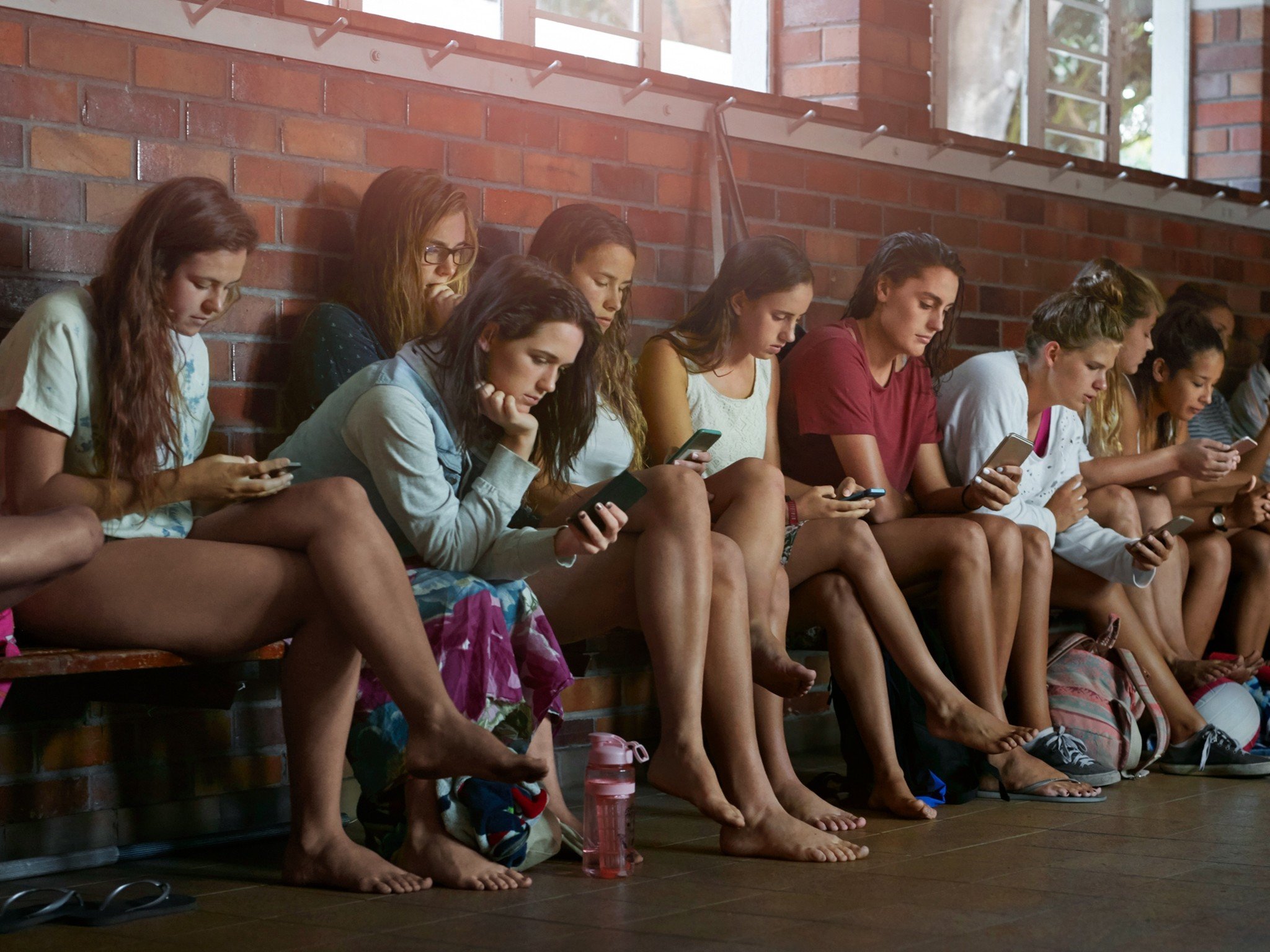Frankenstein's iPhone: Control, don't be controlled

Mary Shelly's novel Frankenstein (Frankenstein is the doctor's name not the monster's) and the play "Rossum's Universal Robots" (R.U.R is the place where the word "robot" was coined) share a similar metaphor. What happens to society when a creator's creation gets away from them, when the creation can no longer be controlled by the creator?
Lately there's been a lot of talk about "smartphone addiction" (I know several people who suffer from alcoholism or drug abuse who take a little offense at lumping a disease with people who can't put down their phone or tablet). One of the hallmarks of Google's I/O conference are a set of feature in Android P designed to allow users to quantify their digital lives, set limits on application usage and create more granular parental controls. There have been cries for Apple to do the same with iOS. (iOS 12 anyone?)
Is this really necessary? I understand how the phone has been transformed into the PC in our pockets. That's important, as back in the '90s TCO studies showed that businesses who gave employees laptops over desktops increased productivity by 20% or more. (I know this as I created the model). The reason was simple. The more time you have your computer with you, the more you're going to use it.
The more time you have your computer with you, the more you're going to use it.
My iPhone is more powerful than my MacBook. It's also with me all the time. The more access I have to my computing device, the more I'm going to use it. The more my device is capable of doing, the more I'm going to use it. It's not so much addiction as it is the nature of how we use the technology that we create.
It is possible that our creations are at the point where it feels that perhaps they are controlling us, not we controlling them. The easiest way to avoid your phone controlling your life is to not let your phone control your life.
Truth is, that's easier said than done for some people, so here are a few suggestions that don't require a vendor to solve this "problem".
Just take some lessons from the TV world.
Master your iPhone in minutes
iMore offers spot-on advice and guidance from our team of experts, with decades of Apple device experience to lean on. Learn more with iMore!
First, get a smaller phone. The analysis is simple: the less your phone can do, the less time you'll spend using it. Consider downsizing to a smaller device. From an iPhone 8 Plus down to an 8. From an 8 to an SE. You'll find just by limiting the screen size you'll spend less time on your device. It's less compelling to read, write, and in general consume content on a smaller phone than a large one. Except perhaps for listening to music or podcasts, but that's not an issue. I don't need to stare at a screen for that. Likewise, people spend less time watching TV on a small SD set than they do on a large 4K HDR set.
The less your phone can do, the less time you'll spend using it.
Second, make your phone monochrome. It's pretty easy on iOS to set your phone to switch from color to grayscale with three clicks of the home button. (Use the accessibility setting to create this little tweak). Monochrome screens are less compelling to look at. Less visually interesting for photos, videos, and in general how color holds our interest more than black and white. I suspect most readers might not be old enough to appreciate the shift from black and white television to "living color," but the difference was huge, at least the way I remember it.
Finally, let's talk about parental controls. Growing up, our TV didn't have parental controls. When my kids were growing up, our TVs didn't have parental controls. Both generations did share one thing in common: parents who exerted control. If we are worried our kids spend to much time staring at screens, perhaps the fault lies not in smartphone vendors but in ourselves.
Smartphones are amazing. My iPhone improves nearly every facet of my life. From content creation to consumption. From communication to collaboration. It's still just a tool. I don't think we need Apple to find ways to control their creation. I think we should be able to get this one on our own.
So am I off-base? Do I have this all wrong? I'm curious what you think.
For the record, this column was written on an iPhone, in my favorite dive, over blueberry pancakes. I was safely able to ignore any and all human interactions during that time.
I’ve covered the personal technology beat for more than two decades at places like Gartner, Jupiter Research and Altimeter Group. I’ve also had the fun of contributing my $.02 on the topic at Computerworld, Engadget, Macworld, SlashGear and now iMore. Most recently I spent a few years at Apple as Sr. Director of Worldwide Product Marketing. On Twitter I’m an unverified @gartenberg. I still own some Apple stock.

